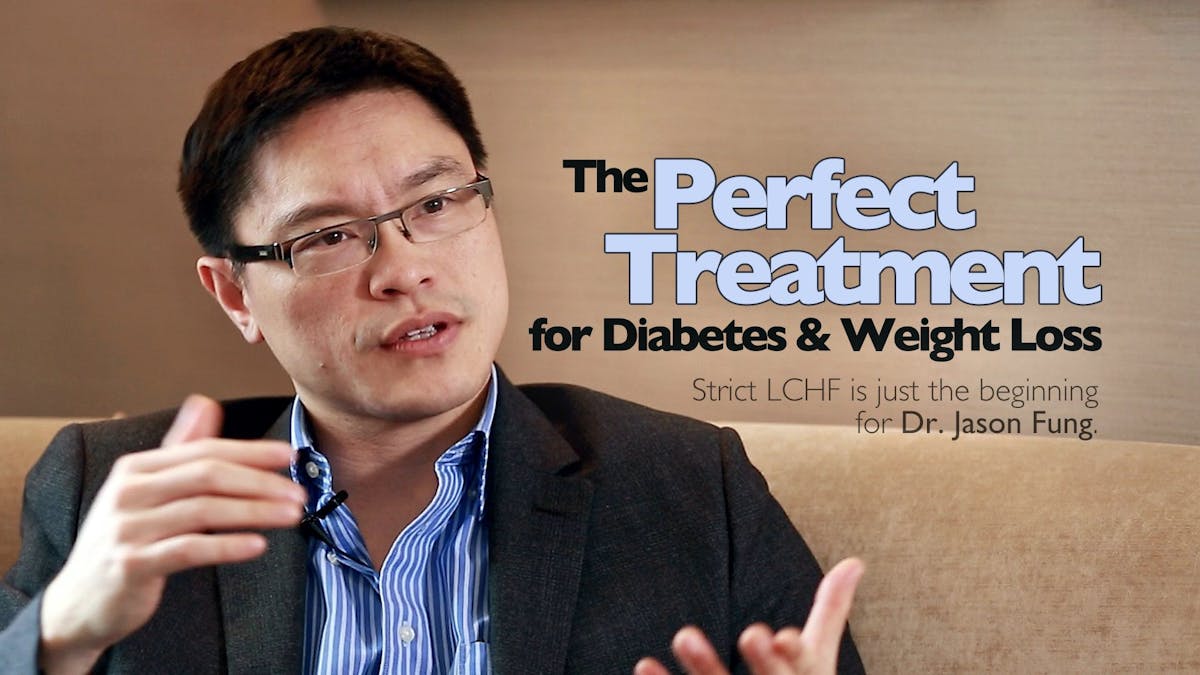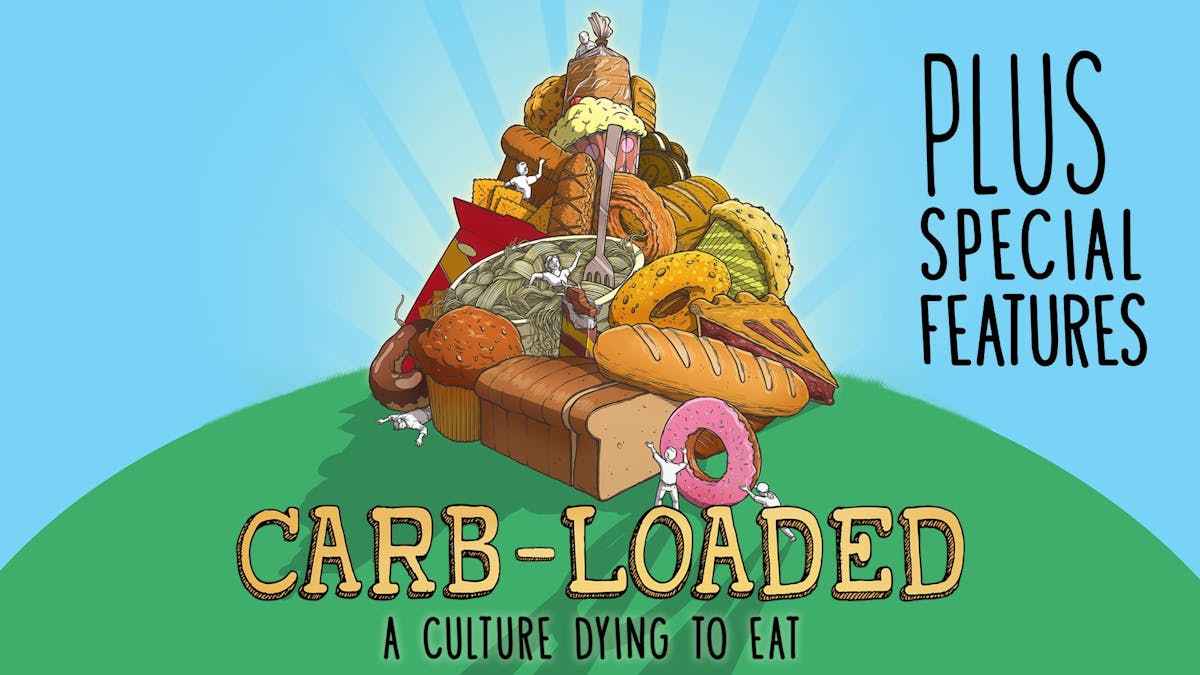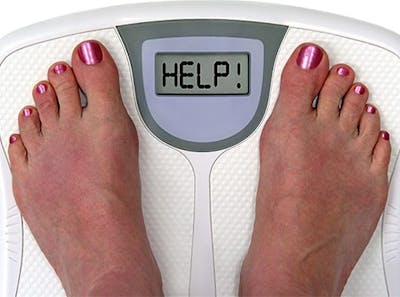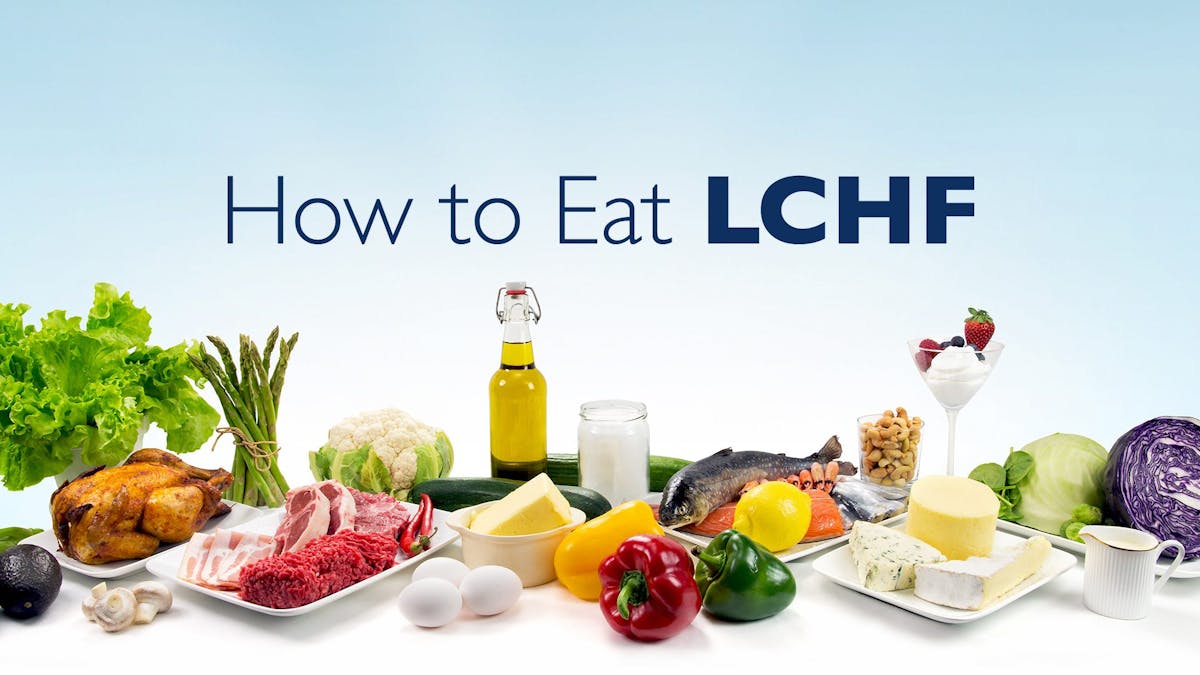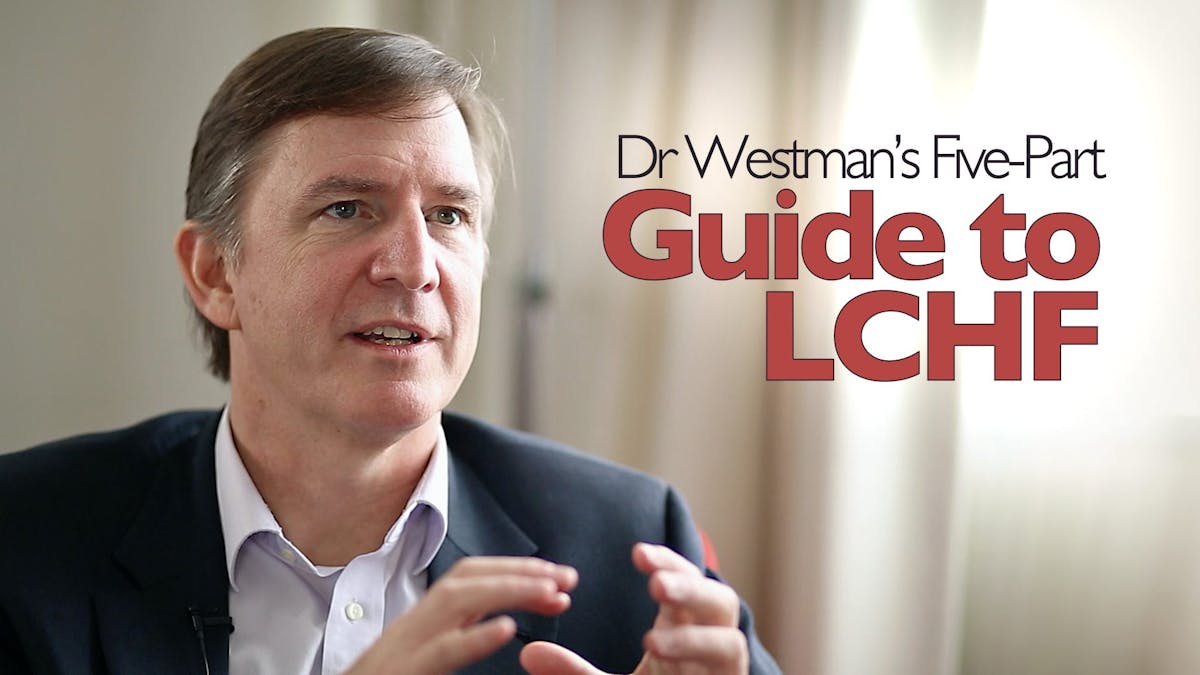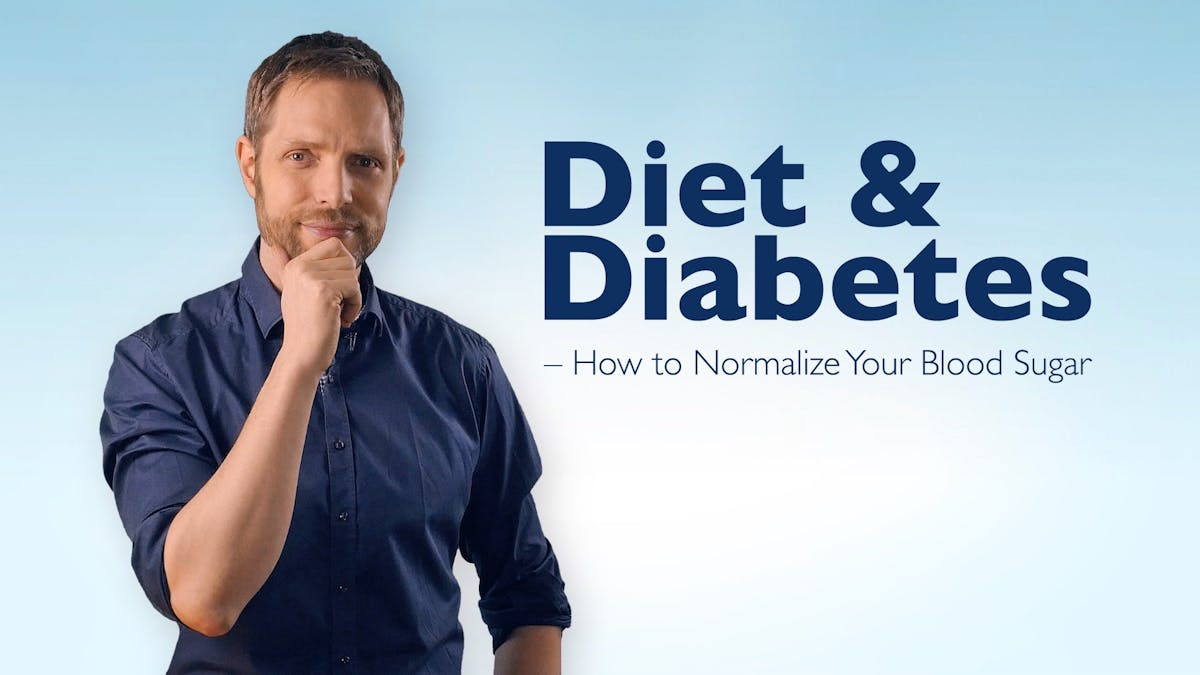Type 2 diabetes reversed after 26 years of insulin dependence!
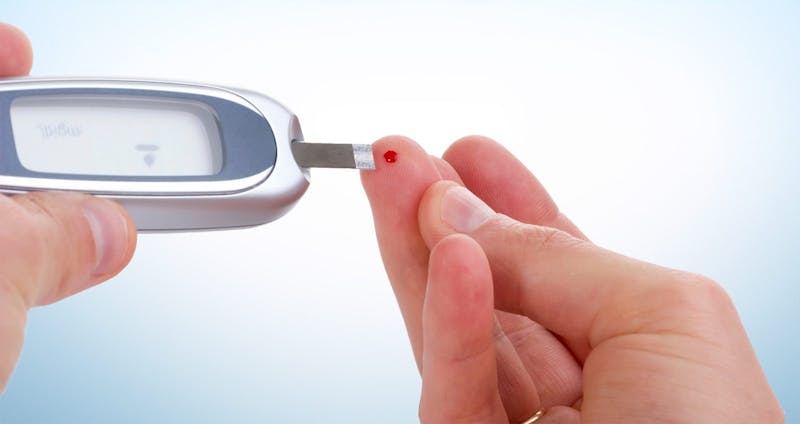
Testing blood sugar
Can you reverse type 2 diabetes after 26 years of insulin dependence? Conventional wisdom says it’s impossible. It can not be done.
Here’s how Barb Mynott did it:
The email
Greetings from India!
My story nearly matches Bernard’s! I was taking 170 units of Lantus a day and a handful of metformin along with meds for coronary artery disease, and a host of other illnesses. I was diabetic for 26 years, this poor old body has Crohn’s disease, Barrett’s esophagus, hypertension, hypothyroidism, esophageal spasm, gastro paresis, both types of arthritis and more… blah, blah, blah… I was taking close to $1200.00 a month in medications. I believe mainly based on inflammatory/autoimmune disease.
I began your program confused thinking I MUST eat all this food and three meals a day and honestly could not do it! Simply could not ingest that much in one day… did not want to! After a month more reading and viewing every offering on your site I began to understand… there is no rule save be smart and cut, cut, cut carbs. Next I joined up and cut down, exactly like Bernard to one meal a day with frequent three day fast and a miracle has happened!
Diabetes – after 26 years of insulin dependence – is gone. The neuropathy in my feet vastly improved. Crohn’s disease, after 45 years of agony, is in complete remission, cardiac issues are resolving themselves. BP is back to a healthy normal, esophageal issues are hugely improved.
I began this journey searching for help to prepare for three upcoming surgeries, a diastasis recti and very large hiatal hernia repair which scares me and I want to be at my best to undertake, a complete shoulder replacement on my right shoulder and a replacement of the prosthesis already in my left shoulder. I think your excellent advice and all the information on your site might just save me! Not only have so many autoimmune and inflammatory issues straightened themselves out, but I have lost fourteen pounds as a side effect. Thanks to you and Dr. Jason Fung my life has totally changed TOTALLY… you are miracle makers!
I would love to see more about the ‘psychology’ of this method of eating stressed on your site. As both Bernard and I said, satiety was immediate but the mental issues of converting were constantly creeping in saying… you should be eating… are you seriously going to eat that fat? Cooking eggs in butter, are you crazy? I think the diet is NO effort but the psychological issues may be what defeat many people! The thinking that you cannot fast or you cannot eat this and that is far harder to deal with than the eating plan!
Also, I am a Registered nurse (retired, I am 64 years of age) and have seen so many years of inflammatory and autoimmune disease killing people needlessly! I would love to see as much research shared on these issues as diabetes because all three in my case were hugely improved by this lifestyle!
I have watched every single interview, course and documentary on the site, it is so very full of wonderful information – you rock! Thank you, and please, keep up the better than excellent work!
Barb Mynott
Comment
Congratulations on your spectacular health improvements, Barb!
Share your story
Do you have a success story you want to share? Send your information, plus before and after photos, to success@dietdoctor.com. It would also be greatly appreciated if you shared what you eat in a typical day, whether you fast etc. More information:
Share your story!Below, find out what you can do if you want to try LCHF for yourself, as well as stories from others who have tried.
More
Courses
“Hello LCHF – goodbye type 2 diabetes”
New major study: a low-carb diet yet again best for both weight and health markers!
